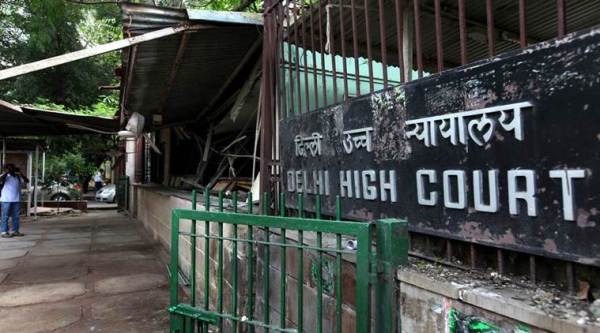 Justice S Muralidhar and Justice Vinod Goel also set aside the trial court’s order awarding jail term to convicts Ashwani and Gaurav.
Justice S Muralidhar and Justice Vinod Goel also set aside the trial court’s order awarding jail term to convicts Ashwani and Gaurav.
The Delhi High Court has ordered the release of two murder convicts, serving a 28-year jail term in a 2010 robbery-cum-murder case, observing that the prosecution has failed to establish the motive and important links in the chain of circumstances.
Justice S Muralidhar and Justice Vinod Goel also set aside the trial court’s order awarding jail term to convicts Ashwani and Gaurav, saying that “even fixing the identity of the two in the present case appears to be doubtful”.
“Important links in the chain of circumstances, the last seen evidence, the arrest of the accused, and recoveries made from them have not been proved by the prosecution,” the bench said.
It concluded that the prosecution has not been able to prove the motive of the crime — wherein the accused allegedly stole Rs 50,000 and mobile phones of a couple and murdered them on the intervening night of August 9-10, 2010.
The HC’s order came on an appeal filed by the two accused against the trial court’s December 2017 order, which had sentenced them to life in prison with the direction that they would not be released on remission before 28 years of incarceration.
The accused had, however, denied committing the crime and said that they did not even know each other. “Even identification of the objects (recovered from the two) appears to be doubtful… From the evidence of PW-5 (daughter of the couple), it is apparent that she was already shown these articles even before the test identification parade was conducted… her evidence does not give an assurance to the court that she is speaking the entire truth and can be relied upon as a witness of the last seen evidence,” the bench noted, adding that she had not described the accused as “she is partially blind”.
“No one else could have given a description of either of them to police. Without such description, the police could not have put out information for any secret informer to tell them about the presence of either A-1 or A-2,” the bench noted.